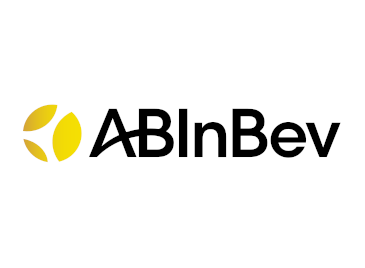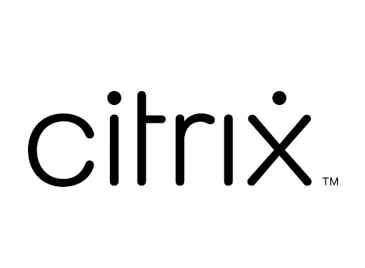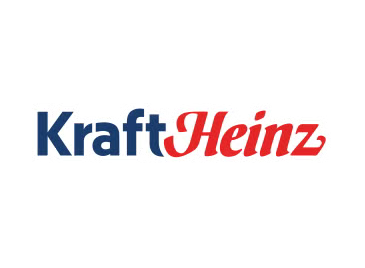Ensure Your Use of AI Is Legal and Effective
Generative AI capabilities are increasingly being integrated into employment selection systems, such as HRISs, ATSs, and HRMSs. These integrations promise a way of coping with soaring application volumes while reducing the impact of human biases. However, determining the degree to which such systems comply with civil rights and employment law presents a significant challenge.

This is because:
- AI systems may lack transparency
- The depth and quality of AI documentation varies significantly
- Models are constantly being updated—their scoring mechanisms and capabilities are a moving target
- An AI may ultimately replicate human biases in the data it is trained on
Affirmity’s AI system compliance risk assessment service will help you proactively ensure that the systems your organization benefits from are fair and legally defensible.
I'd Like More Information
Assess AI Compliance Risks in Employment Selection
Affirmity’s experts are on hand to provide clear recommendations based on in-depth statistical analyses and compliance expertise, ensuring you understand the compliance risks inherent in your organization’s use of an AI tool. We will:
- Examine the AI tool and its use within your organization
- Conduct adverse impact assessments by gender and race at various stages of the selection process and for particular points influenced by the AI tool
- Obtain, request, and assess relevant technical documentation, studies, and external records that detail the efficacy, development, and litigation history of the tool and its use
- Assess the tool’s compliance with respect to Section 503 and the ADA, including validating whether tests or questions used in your assessment constitute an unlawful medical inquiry
- Provide a written report detailing our assessment, including recommendations for minimizing risk

Comply With New Laws Governing AI Use in Selection Systems
In addition to long-established civil rights laws, your organization’s AI use must also comply with an incoming wave of AI-focused legislation.
California is leading the charge with amendments to its Fair Employment and Housing Act (FEHA), effective as of October 1, 2025. These amendments clarify that the use of automated decision systems (ADSs), including those using AI, may violate California law if they harm applicants or employees based on protected characteristics such as gender, race, or disability. These regulations also specify that you must maintain certain types of data for a minimum of four years.
Where applicable, Affirmity experts will review your ADSs’ compliance with this and other laws.
I’d Like More Information
Why Choose Affirmity?
-
50
Years of Compliance Experience
-
12+ Years
Average Client Tenure
-
25%
of Fortune 100 Companies Served
-
700+
Organizations Served
-
12.5 Years
Average Consultant Tenure
-

Trusted Advisors
PhD-level statisticians and industrial/organizational psychologists oversee all phases of your risk assessment—defining areas of study and statistical methods. We collaborate with your counsel to maintain privilege.
-

Robust Methodologies
We apply a wide range of statistical methods, including Fisher’s exact tests, binomial distribution tests, CMH statistics, and logistic regression.
-

Actionable Outputs
We supply a written report with adverse impact statistics, assessment indices for risk, exposure, and defensibility, general findings within EEO laws, and recommendations.
“We genuinely appreciate the professionalism, expertise, and reliability that Affirmity brings to our partnership, and we're grateful to have a dedicated point of contact. Their services and solutions continue to exceed our expectations. Thank you, Affirmity team, for your continued excellence!”
Insights and Resources for HR and Compliance Teams
-

The Influence of Artificial Intelligence on Organizational Diversity and Hiring Regulations: The Possibilities and the Dangers of the New Tech Frontier -

The False Claims Act: How DEI Risk Is Evolving, the Hefty Fines the DOJ Is Threatening, and How Affirmity Can Help -

Workforce Compliance Training Catalog









